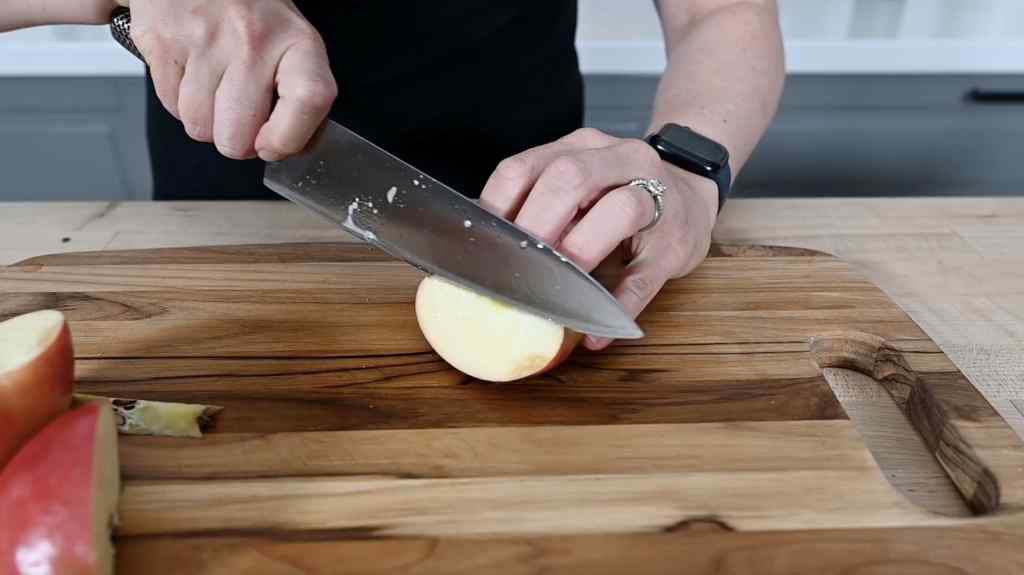In the world of culinary arts, the debate between German knives and Japanese knives is a topic that has both intrigued and divided kitchen professionals for decades. Both types of knives boast unique features and advantages, making them popular choices in kitchens worldwide. Whether you're a seasoned chef or a home cook, understanding the characteristics of German and Japanese knives can help you choose the right tool for your culinary needs.

Understanding the Basics
Before diving into the specifics, its essential to understand what sets these knives apart at a fundamental level. The difference between German and Japanese steel is significant. German knives are typically crafted from softer steel, leading to a more robust but slightly less sharp edge. In contrast, Japanese knives are made from harder steel, allowing for a razor-sharp edge that excels in precision cuts.
Design and Construction
When examining the design and construction, the differences between these knives become more apparent. German knives often feature a thicker blade and a full tang, providing extra weight and balance. This makes them ideal for heavy-duty tasks like chopping through bones or dense vegetables. Conversely, Japanese knives tend to have a thinner blade, allowing for intricate work such as slicing fish or vegetables with ease and precision.
The Role of Blade Angle
The blade angle is another critical factor that distinguishes these knives. German knives typically have a blade angle of around 20 degrees, which contributes to their durability and strength. Japanese knives, however, are sharpened to a finer angle, often between 12 to 15 degrees, resulting in a sharper, more precise cut. This difference in blade angle is crucial for professionals who require precision in their work.
Performance in the Kitchen
Performance is where the true test lies for any kitchen tool. The choice between a German knife and a Japanese knife can impact the efficiency and outcome of your culinary endeavors. For those who prioritize durability and versatility, German knives can be a reliable choice. Their robust nature allows them to handle a wide range of tasks without frequent sharpening.
On the other hand, Japanese knives are often preferred by chefs who require precision and finesse in their work. The sharp edge and lightweight design make them perfect for delicate tasks, although they may require more frequent maintenance to keep them in top condition.
Maintenance and Care
The maintenance and care of these knives also differ significantly. German knives, due to their softer steel, are more forgiving and easier to sharpen. However, they may require honing more frequently to maintain their edge. Japanese knives, with their harder steel, hold an edge longer but need more careful maintenance. For tips on maintaining these knives, consider this guide on knife maintenance.
The Cultural Influence
The cultural background of each knife type also plays a role in their design and use. German knives often reflect the hearty, robust cooking styles of Europe, where meat and root vegetables are staples. Japanese knives, meanwhile, are designed for the delicate, precise preparation methods seen in Japanese cuisine, emphasizing seafood and vegetables.
Choosing the Right Knife for You
Ultimately, the choice between a German knife and a Japanese knife comes down to individual preference and the specific tasks at hand. If you find yourself frequently preparing robust, heavy foods, a German knife might be your best bet. However, if your culinary focus is on precision and delicate ingredients, a Japanese knife could be more suited to your needs.
For more insights on which type of knife might suit your kitchen habits, consider exploring this detailed guide.

Frequently Asked Questions
Which knife is easier to sharpen?
German knives are generally easier to sharpen due to their softer steel, making them more forgiving for home cooks.
Do Japanese knives rust easily?
While Japanese knives can be prone to rust if not properly cared for, using them correctly and maintaining them can prevent rust and extend their lifespan.
Can I use a German knife for sushi preparation?
While it is possible, Japanese knives are specially designed for sushi preparation, offering the precision required for such delicate work.


























